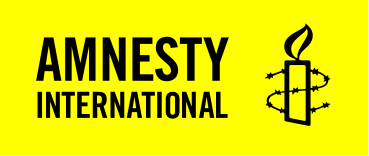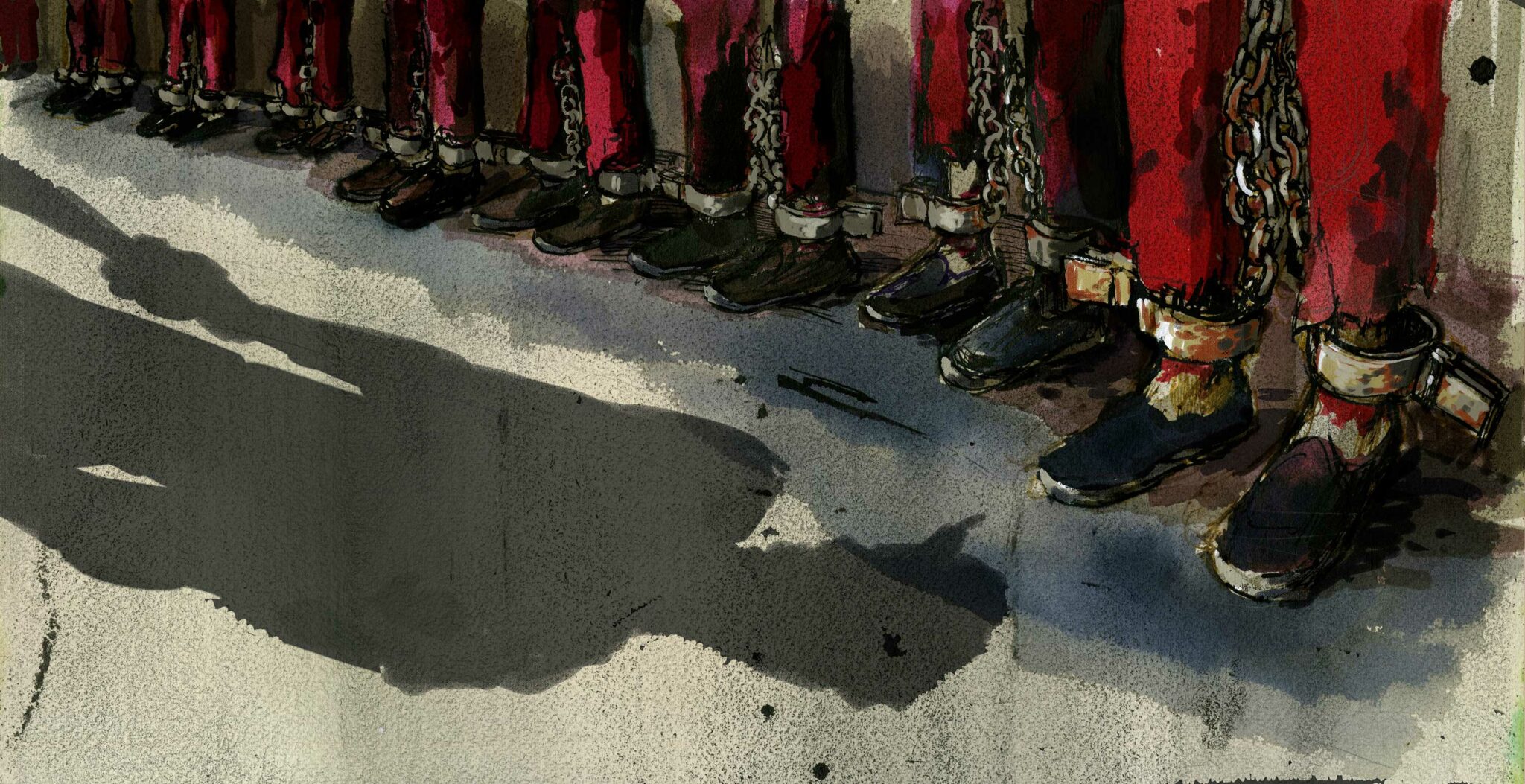Witness accounts of restrictions on freedom of religion and cultural practice
According to China’s constitution and other laws, citizens “enjoy freedom of religious belief” and the state protects “normal religious activities.” [[[The National People’s Congress of the People’s Republic of China, “Constitution of the People’s Republic of China,” Article 36, available at: →]]] The government, however, has not explicitly defined which activities qualify as “normal”. Muslims in Xinjiang have faced severe restrictions on their religious freedom for decades. In 2017, these restrictions became significantly more severe.
In March 2017, highly discriminatory De-extremification Regulations were adopted that further restricted certain Islamic religious practices, both in law and in effect. [[[See XUAR Uyghur autonomous region regulations on de-extremification, “Xinjiang Uyghur Autonomous Region Regulations on De-Extremification,” China Law Translate, March 30, 2017 →; Amnesty International, “China: Families of up to one million detained in mass “re-education” drive demand answer”, 24 September 2018 →]]] Open or even private displays of religious or cultural affiliation, including growing an “abnormal” beard, wearing a veil or headscarf, regular prayer, fasting, avoidance of alcohol, or possessing books or articles about Islam or Uyghur culture could be considered “extremist” under the regulations. After these regulations were promulgated, many religious figures, intellectuals, and academics were detained in Xinjiang merely for exercising their rights to freedom of religion and expression. [[[This includes Ilham Tohti, a Uyghur economist, writer and professor who was sentenced to life in prison in 2014 and Tashpolat Teyip, former president of XUAR University who was sentenced to death with a two-year reprieve in 2017, both on charges of “separatism”; See Amnesty International, “China: Civil Society & Scholars Call on China to Immediately Release Uighur Professor Ilham Tohti Five Years After Arrest,” 15 January 2019 →; Amnesty International, 9 September 2019, “Uyghur academic faces execution in China,” →]]] In conjunction with these regulations, government brochures describing “75 manifestation of religious extremism” were widely distributed. [[[See Cia Siqi, Global Times, Xinjiang counties identify 75 forms of religious extremism”, 25 December 2014 →]]] The alleged signs included wearing beards or face coverings; interference with family-planning policies; constructing religious buildings without approval; participating in unapproved pilgrimages; making minors fast, pray, or study scripture; ceasing to drink or smoke or to participate in regular social activities; buying or storing large amounts of food; and buying too much gasoline, camping gear, or strength-training equipment without “proper reasons”. Citizens were instructed to report “extremist” activities to local authorities. [[[See XUAR Uyghur autonomous region regulations on de-extremification, “Xinjiang Uyghur Autonomous Region Regulations on De-Extremification,” China Law Translate, March 30, 2017 →]]]
Amnesty International interviewed 65 Muslim men and women who lived in Xinjiang between 2017 and early 2020. They described an environment that was extraordinarily hostile to the practice of Islam. By the time these individuals left China, none felt comfortable displaying any signs of religious practice and all believed that doing so would result in them being detained and sent to a camp. According to these witnesses, numerous Islamic practices that Muslims widely consider essential to their religion that were not explicitly prohibited by law in Xinjiang are now, in effect, prohibited. [[[See also, Amnesty International, “’Forgive my children for now fasting’ – Ramadan in Xinjiang,” 2 May 2019 →]]] Muslims are prevented from praying, attending mosques, teaching religion, wearing religious clothing, and giving children Islamic-sounding names. [[[Amnesty international interviews; See also: Human Rights Watch, “China Bans Many Muslim Baby Names in Xinjiang: Absurd Edict Part of Growing Restriction on Uyghurs,” 24 April 2017 →]]] Former residents also said that appearing insufficiently secular – for example, not drinking alcohol, not smoking, or eating only halal foods – was also grounds for being classified as suspicious and sent to an internment camp. [[[Amnesty International interview; See also: Jon Sharman, Independent, “China ‘forcing Muslim to eat pork and drink alcohol’ lunar new year festival: Accusation comes after officials in Xinjiang launched ‘anti-halal’ campaign,” 7 February 2019 →]]]
As a result of the constant credible threat of detention, Muslims in Xinjiang modified their behaviour to such an extent that they no longer display outward signs of religious practice. Saken, a former detainee, told Amnesty that Muslims in his town changed their behaviour to dissociate themselves from the practice of Islam. “Before [2017] we could pray, and we could fast… In 2016, the governor of Xinjiang was greeting Muslims during Ramadan. But after the camps started, people did not pray or fast… People were afraid even to talk to imams… We could not even greet each other in the Islamic way,” he said. [[[Amnesty International interviews.]]] Many other former residents also reported that they had either been instructed by the authorities or that it was generally understood that it was forbidden to use traditional Islamic greetings. “We couldn’t say ‘as-salamu alaykum’ to each other anymore,” Yerkinbek said. [[[Amnesty international interviews; See also, Darren Byler, SupChina, “The ‘patriotism’ of not speaking Uyghur,” 2 January 2019 →]]]
Auelbek, who had been involved with his local mosque for most of his life before being taken to an internment camp, told Amnesty he found that people in his village had stopped praying after his release: “Not a single person [in my village] can pray anymore. It is because the government is against religion. They are against Muslims.” [[[Amnesty International interviews.]]]
Daulet, who said he had been sent to a camp for his affiliation with what he described as a government-approved mosque, told Amnesty how people’s behaviour in his village had changed as a result of the new restrictions put in place in 2017 and still in effect when he was released from the camp in 2019:
Now [in 2019] people have stopped talking about religion… No one comes to Friday prayers [in our village] anymore… Every village has its own policies. In our village women were eventually allowed to wear headscarves again… in other villages they cannot… I’ve heard that in some villages you could read the Qur’an, but in our village it is completely forbidden, even today. [[[Amnesty International interviews.]]]
Raziya told Amnesty that civil servants had been prohibited from fasting and attending mosques for several years, but that in 2016, the government started to try to prevent everyone from fasting and praying. “They forbade us from fasting, especially during Ramadan. They would call us to [the village administration office] and feed us. And during Ramadan they would monitor whose light was on in the house [to see who was praying]… People started to be afraid of [being seen] not drinking alcohol,” she said. [[[Amnesty International interviews.]]]
Amnesty International interviewed witnesses who said the government prevented them from carrying out traditional rituals and ceremonies for marriages, baby-naming, and funerals. [[[Amnesty International interviews; see also, Shohret Hoshur, Radio Free Asia, “Xinjiang Authorities Use ‘Burial Management Centers’ to subvert Uyghur Funeral Traditions,” 19 April 2018 →]]] “Now if someone dies only direct relatives come to funerals,” Daulet said. [[[Amnesty International interviews.]]] Yerkinbek told Amnesty, “In the past we used to pray and celebrate religious holidays. Now, none of this happens… No one can pray at funerals anymore. It makes people really upset because they cannot bury their loved ones in the proper way.”
Saken, told Amnesty that since 2017 government cadres had asked people in his village to sign documents stating whether they were religious and that many people who were religious felt compelled to say they were not because they were afraid of what might happen to them if they told the truth. Saken further described how police and government cadres halted a funeral he attended in 2019 in the middle of the ceremony because they said the dead person had signed a document saying he was not religious and that it was therefore not permitted to perform religious funeral rituals for him. [[[Amnesty International interviews.]]]
Meryemgul, a former detainee, recounted how government officials had stripped the religious aspects from traditional ceremonies in her village:
Weddings are now held according to the instructions of government. In our tradition, the imam reads verses [from the Qur’an] and gives names to newborn babies, but now it is [a government official] who give names and there is no reciting the Qur’an… And there are forbidden names [to give to your children], the Islamic names… They also started to change the names of people who already had Islamic names, like ‘Mohammed’. [[[Amnesty International interviews.]]]
Witnesses further told Amnesty that the government openly pressured ethnic minorities – particularly Uyghurs – to marry people from the Han Chinese ethnic group. Others stated that some members of ethnic minorities were marrying Han Chinese because they believed it would stop the problems they were having with the government. [[[Amnesty International interviews.]]] “The government encourages people to intermarry and gives privileges [to those who do], like exempting you from re-education and also [providing] some economic benefits… People intermarrying with Han get the same rights as Han… All of this is on television. It is in newspapers. They promote it,” Meryemgül told Amnesty. [[[Amnesty International interviews.]]]
Journalists and academics have reported that the government has enacted policies to incentivize members of ethnic minority groups to marry Han Chinese. The policies reportedly include cash payments, free education for children, tuition subsidies, greater consideration for government housing and jobs, and extra points on college entrance exams for children of interethnic couples. [[[ Edward Wong, New York Times, “To Temper Unrest in Western China, Officials Offer Money for Intermarriage” 2 Sept 2014 →; Darren Byler, SUPChina, “Uyghur Love in A time of interethnic Marriage”, 7 August 2019 →; Eva Xiao, AFP, “China pushes inter-ethnic marriage in XUAR assimilation drive”, May 17, 2019 →]]] Journalists have also reported Uyghur women being coerced to marry Han Chinese men. [[[Leigh Hartman, Share America, “China coerces Uyghur women into unwanted marriages,” 24 September 2019 →]]]



